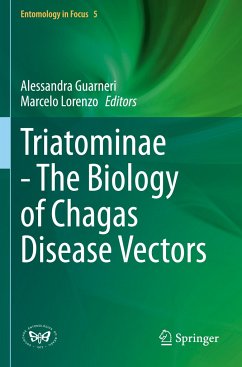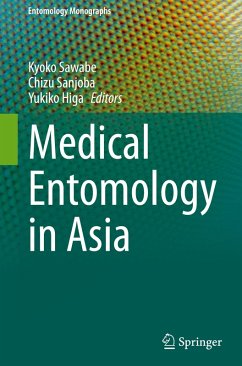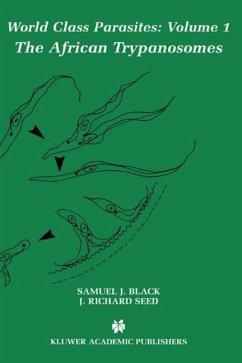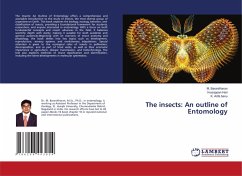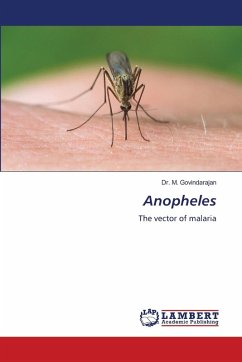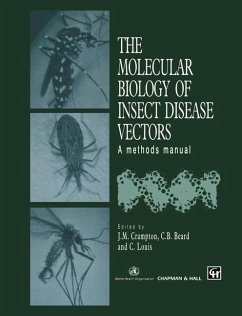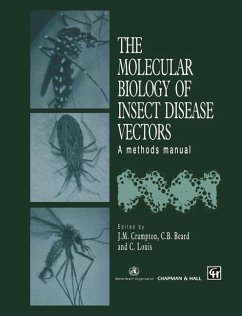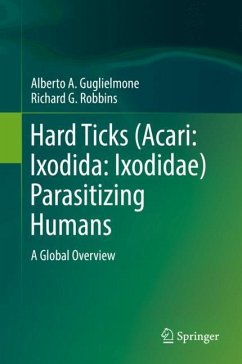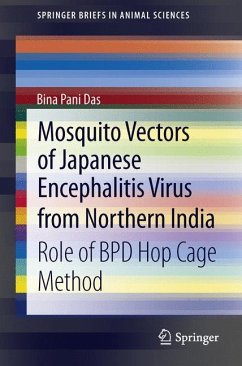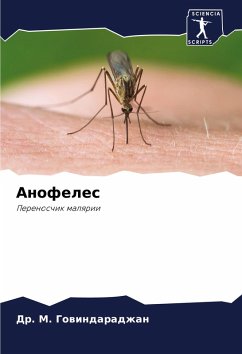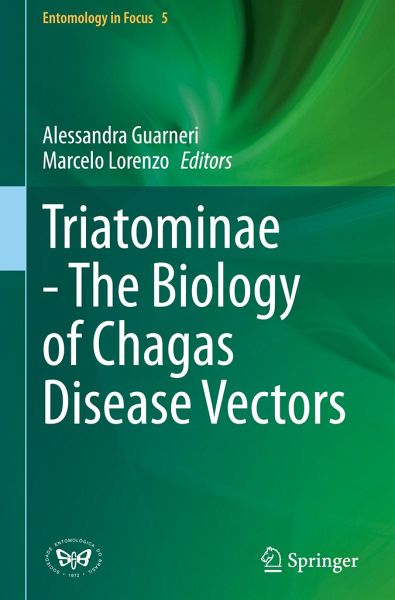
Triatominae - The Biology of Chagas Disease Vectors

PAYBACK Punkte
87 °P sammeln!
This book aims to present updated knowledge on various aspects of the natural history, biology, and impact of triatomines to all interested readers. Each chapter will be written by authorities in the respective field, covering topics such as behavior, neurophysiology, immunology, ecology, and evolution. The contents will consider scientific, as well as innovative perspectives, on the problems related to the role of triatomine bugs as parasite vectors affecting millions in the Latin American region.





